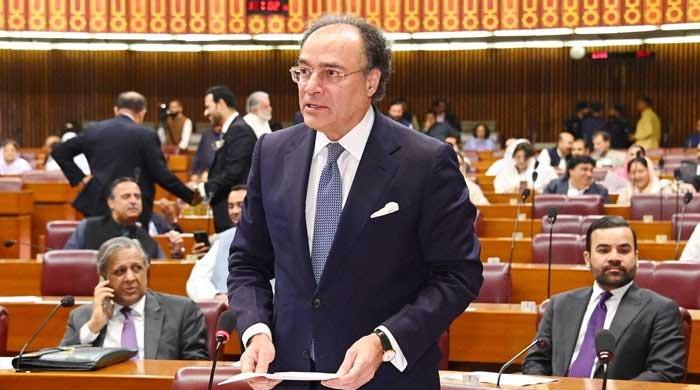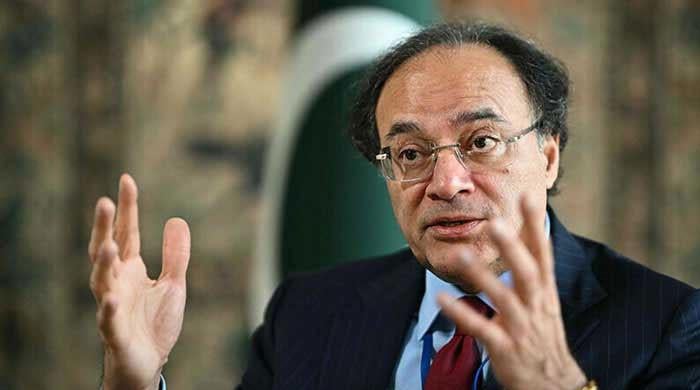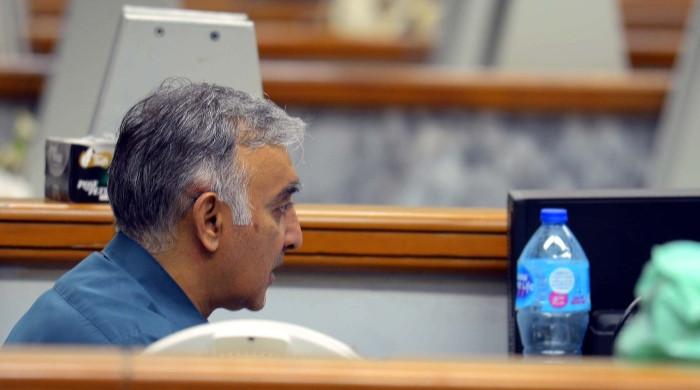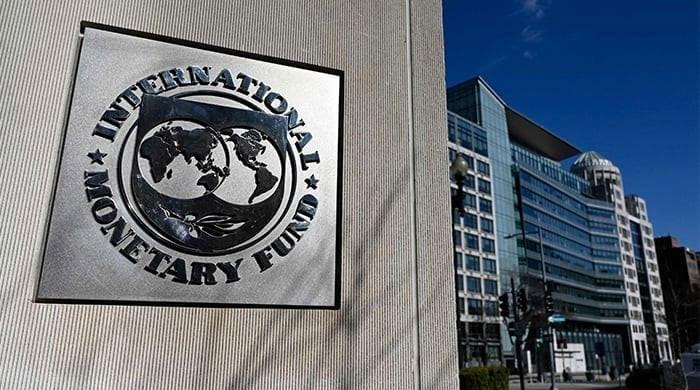Pakistan eyes digital finance future with new crypto regulation draft
This framework is expected to cover various aspects, including licensing, compliance, and innovation
June 03, 2025

- Initiative launched during high-level meeting of PCC.
- Technical committee formed to review draft laws.
- Council underscores need for balanced regulatory approach.
KARACHI: Pakistan has officially commenced the drafting of a comprehensive regulatory framework for digital and virtual assets, signalling a significant move by the government to formally oversee the booming cryptocurrency ecosystem.
The initiative was launched during a high-level meeting of the Pakistan Crypto Council (PCC) held in Islamabad on Monday, chaired by Finance Minister Muhammad Aurangzeb, The News reported.
Key stakeholders participated in the crucial deliberations.
Minister of State and Special Assistant to the Prime Minister on Blockchain and Crypto, Bilal Bin Saqib, who also serves as CEO of the PCC, joined the meeting virtually.
The governor of the State Bank of Pakistan (SBP) also attended remotely, while the chairperson of the Securities and Exchange Commission of Pakistan (SECP) and secretaries from the Law and IT ministries were present in person.
The discussions focused on creating a secure, transparent, and innovation-friendly regulatory environment.
A technical committee, comprising representatives from the SBP, SECP, Law Division, and IT and Telecom Division, has been formed to review draft laws and propose a robust framework and governance structure.
This framework is expected to cover various aspects, including licensing, compliance, and innovation within the digital asset ecosystem, to protect investors and promote financial inclusion.
The move comes amidst a growing global trend towards regulating digital assets and follows recent developments in Pakistan, including the unveiling of the country's first government-led Strategic Bitcoin Reserve and the establishment of a national Bitcoin wallet.
While cryptocurrencies are currently not officially regulated in Pakistan, this new initiative marks a clear intent to formalise the sector and integrate it into the national financial landscape.
The council underscored the need for a balanced regulatory approach — one that protects investors, promotes transparency and supports innovation without compromising financial stability.
Aurangzeb reaffirmed the government's commitment to modernising the financial sector, saying any future-ready regulatory framework must promote inclusion, transparency, and economic resilience.
The meeting followed a major announcement last week when Saqib unveiled Pakistan’s first-ever government-led strategic Bitcoin reserve during the Bitcoin Vegas 2025 conference in the United States.
On Friday, the SBP issued a clarification saying that cryptocurrencies were not banned outright, but remain outside the existing legal framework.
The central bank noted that it had advised regulated entities — including banks, DFIs, microfinance banks, electronic money institutions, and payment service providers — to avoid engaging with virtual assets (VAs) due to the absence of legal and regulatory protections, not because such assets are illegal.
This clarification came after the government told the National Assembly's Standing Committee on Finance that cryptocurrencies remain banned and illegal in Pakistan.
The government also added that individuals involved in cryptocurrency transactions could be investigated by the Financial Monitoring Unit (FMU) and the Federal Investigation Agency (FIA).
The path to virtual asset regulation in Pakistan remains uncertain. In a meeting of the Senate Standing Committee on Information Technology and Telecommunication, members raised concerns about the legitimacy of the PCC and the lack of parliamentary consultation in its formation.
Some questioned whether it could be established solely through an executive order.
During the meeting, the Ministry of IT also clarified that its involvement had been limited to providing input on the council's terms of reference. However, several committee members argued that the Crypto Council should fall under the Ministry of IT rather than the Finance Division.











